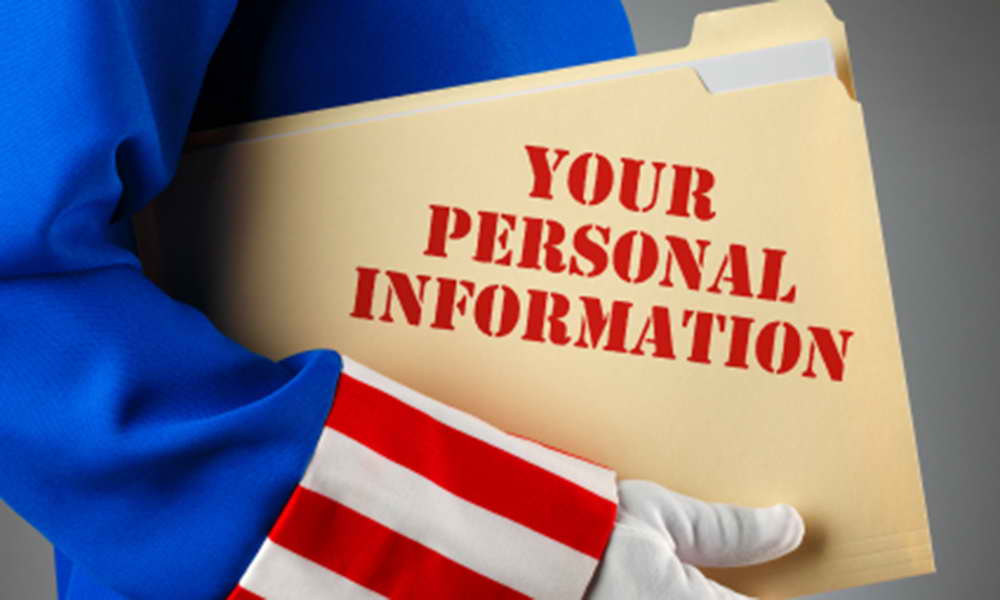July 25, 2013
7/25: Majority Believes Government’s Monitoring is Out of Line
McClatchy/Marist National Poll
Should Americans’ privacy be compromised for the sake of national security? The debate has taken center stage in light of Edward Snowden, the national security consultant who stirred a controversy with his leak of classified information about the federal government’s anti-terrorism efforts. According to this national McClatchy-Marist Poll, 56% of adults nationally think the federal government’s policy to collect information from Americans’ phone calls, emails, and other Internet activity in the interest of national security goes too far. 34%, though, say it is something that is needed, and 9% are unsure. Registered voters reflect these views.
Click Here for Complete July 25, 2013 USA McClatchy-Marist Release and Tables
POLL MUST BE SOURCED: McClatchy-Marist Poll*
“Despite Americans’ concern about terrorism, they still value their privacy and want to limit what government can do,” says Dr. Lee M. Miringoff, Director of The Marist College Institute for Public Opinion.
Regardless of party, at least a majority of registered voters think the federal government has crossed the line when it comes to monitoring Americans’ activity.
- Independent voters are the most outraged. 62% of independents think the government has gone too far. 33% say this policy is needed, and 6% are unsure.
- Among Democrats, 53% report the federal government has overstepped its bounds. 38% say its actions are needed, and 9% are unsure.
- Looking at Republican voters, 51% believe the federal government has overreached. This compares with 41% who say the policy is needed, and 8% are unsure.
Is this type of monitoring something Americans should expect and accept? 70% report there should be regulations to limit what may be monitored so as to protect people’s privacy. This compares with 26% who say this is just a part of life in the digital age. Four percent are unsure. Again, the views of registered voters are in line with the overall population.
Table: Federal Government’s Policy to Collect Information – Needed or Goes Too Far?
Table: Tracking Americans’ Communication – Part of Life in the Digital Age or Requires Regulations?
Invasion of Office Space?
When it comes to preventing future leaks, where should the line be drawn? Six in ten Americans — 60% — think requiring federal employees to track the actions of their co-workers or face harsh penalties, such as criminal charges, is out of bounds. Three in ten — 30% — say this is a necessary step to protect national security, and 9% are unsure.
Nearly Half of Americans Consider Snowden a Whistle-blower
What about Edward Snowden who sparked this debate? 49% of Americans describe him as a whistle-blower while 38% believe he is a traitor. 13% are unsure. Among registered voters nationally, half — 50% — believe Snowden uncovered government wrongdoing, 38% think he is a turncoat, and 11% are unsure.
Independent voters — 55% — are more likely to consider Snowden to be a whistle-blower than Democrats — 47% — and Republicans — 46%. Among Republicans, there is a divide. 43% describe Snowden as traitorous. 10% of Republicans are unsure.
There are age differences. Younger adults nationally are more likely to consider Snowden to be a whistle-blower. A majority of those under 30 — 56% — believe Snowden blew the whistle on the government’s actions. This compares with 49% of those 30 to 44, 47% of those 45 to 59, and 46% of those 60 and older.
While nearly half of Americans consider Snowden to be a whistle-blower, a majority — 55% — has an unfavorable opinion of him. 20% have a favorable view of him, and 25% are unsure. Again, similar proportions of registered voters share these views.
Here, older Americans are more likely than younger residents to have an unfavorable impression of Mr. Snowden. 64% of Americans 60 and older have a lesser view of Snowden. This compares with 57% of residents 45 to 59, 50% of those 30 to 44, and 45% of adults under 30 who share this negative impression of him.
Table: Is Edward Snowden a Traitor or a Whistle-blower?
Table: Edward Snowden Favorability
Majority Approves of Obama’s Handling of Anti-Terrorism
Even with the controversy, a majority of registered voters — 53% — approve of how President Barack Obama is addressing homeland security and anti-terrorism. 38% disapprove, and 9% are unsure. There has been little change on this question since Marist last reported it in April 2009, shortly after the president took office. At that time, 56% of voters gave President Obama high marks on security and anti-terrorism, 32% thought he fell short, and 12% were unsure.
Table: President Obama’s Handling of Security and Anti-Terrorism


